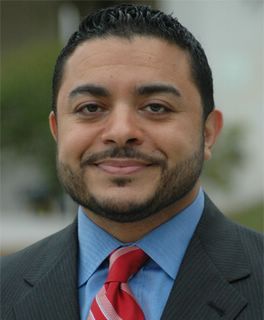A couple of days ago I (Ahmed Bedier) joined CAIR and others calling for his release.
Alhamdulillah (All praise is due to God) the Afghan authorities did the right thing by dropping this case, that should never have been one in the first place.
For over a week now news outlets reported that Abdul Rahman is facing the death penalty under Islamic Law for leaving Islam, however they failed to point out that this is not a unanimous opinion among all Muslim scholars. Also that there is not a single verse in the Quran that commands the killing of an apostate (a person leaving his faith). The New York Times did a better job in an article published yesterday (3/25/06) "In Kabul, a Test for Shariah."
The NY Times article provides more context and background on the apostasy in Islam and actually interviews Muslim scholars, where others like the AP simply repeated that Islamic Law mandates the killing of apostates. In the NY Times article John Esposito and others weighed in:
- Progressive Muslim scholars argue that the meaning of those laws has been lost over time: When the laws were created, they say, apostasy was seen as the equivalent of treason. "To be a Muslim was to live in an Islamic state or empire, so the presumption was you were not only becoming the enemy of God but the enemy of the empire," said John L. Esposito, a professor of religion and international affairs at Georgetown University.
Muslim jurists who support the execution of apostates often point to a hadith — a tradition attributed to the Prophet Muhammad in the seventh century — in which he is recorded as saying that a person who changes religions should be killed.
But while the Koran mentions ridda, it never calls for the execution of apostates. There is no record of the prophet killing an apostate himself. And executions of apostates have been rare in Islamic history.
"The common argument is that it clearly contradicts the Koran, which says there should not be compulsion in religion," said Khaled Abou El Fadl, an Islamic law expert and professor at the University of California, Los Angeles.

1 comment:
Too bad the virtually mythical Islam that the scholars quoted by the NYT seem to believe in isn't the dominant Islam in the world today. Sadly, both muslims and non-muslims have to deal with the Islam as defined by muslims in most of the world, and amply supported in Islamic scripture, history, tradition, and the lives of the early muslims. I wish it were not so.
Post a Comment